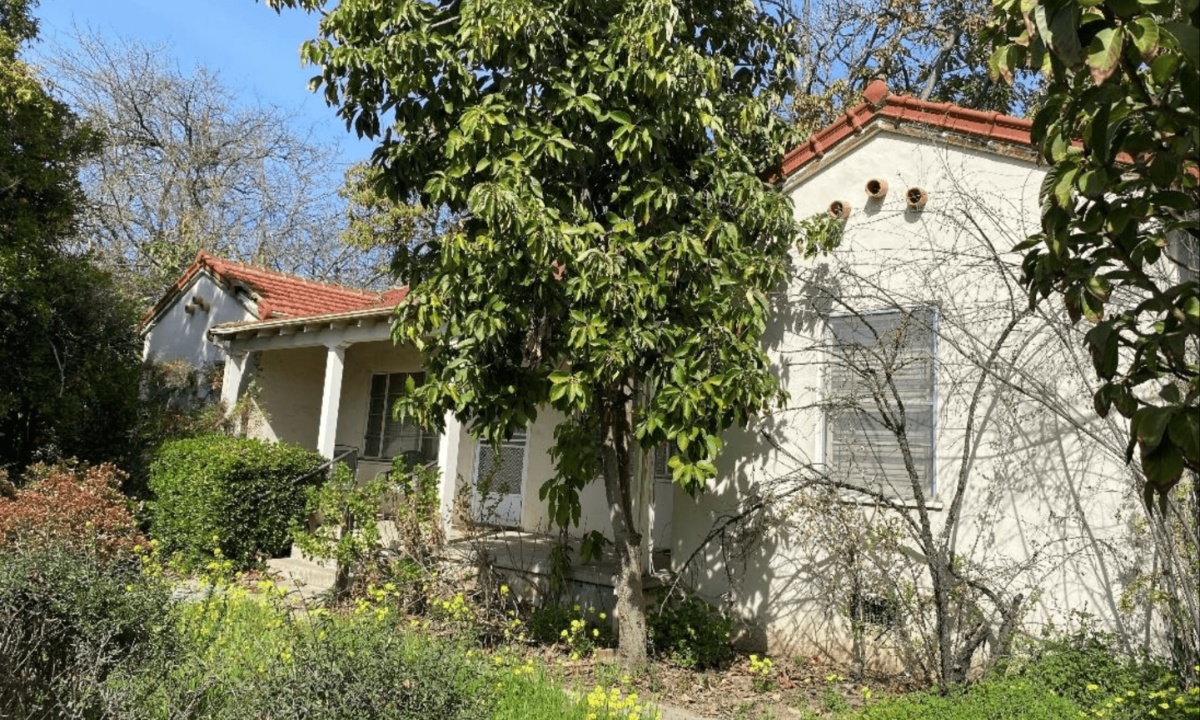In San Jose, California, one of the last remaining Japanese-owned farms is facing demolition as part of a significant urban housing development project. The Sakauye family’s 23-acre fruit orchard, a site rich in history, represents the contributions of Japanese Americans to the agricultural sector in the region.
San Jose is home to one of only three Japantowns in the United States, making the preservation of this site particularly important to community leaders and preservationists who are advocating to save a century-old farmhouse on the property.
In July, the San Jose City Council voted to convert the Sakauye farm into a mixed-use development that will include approximately 1,500 apartment units and townhouses. This decision has raised alarm among those who wish to protect the historical structures, including the farmhouse, barns, and sheds that date back to the early 1900s.
Vanessa Hatakeyama, acting director of the Japanese American Museum of San Jose, has stated that the farm is a vital reminder of the contributions made by Japanese immigrants and their families before the area underwent transformation due to the tech boom.
The Sakauye family’s history reflects the broader narrative of Japanese Americans in California, particularly during World War II. Eichii “Ed” Sakauye, who lived in the farmhouse his entire life, faced the challenges of land loss and incarceration that many Japanese Americans experienced during this period.

The family’s roots trace back to 1907 when Ed’s father, Yuwakichi, purchased the land, just before laws restricted noncitizen ownership of farmland. Prior to the war, Japanese farmers like the Sakauyes played a crucial role in California’s agricultural economy, producing a significant portion of the state’s vegetables and flowers.
While the Sakauye children initially did not prioritize preserving the farm, they later supported efforts to relocate the farmhouse to History Park, an outdoor museum dedicated to preserving historical sites.
Community leaders, including Vice Mayor Rosemary Kamei, have emphasized the importance of educating future generations about the injustices faced by Japanese Americans during internment. Discussions continue regarding the farmhouse’s fate, highlighting the tension between development needs and the desire to honor and remember the area’s rich history.
As city officials and preservation advocates weigh their options, they face the challenge of addressing San Jose’s pressing housing crisis while also respecting its historical significance.
A draft environmental impact report indicated that preserving the farmhouse would significantly reduce the number of housing units available for the area, complicating the city’s housing strategy. The upcoming decision regarding the farmhouse will not only impact the future of the site but also reflect the city’s commitment to balancing growth with historical preservation.


